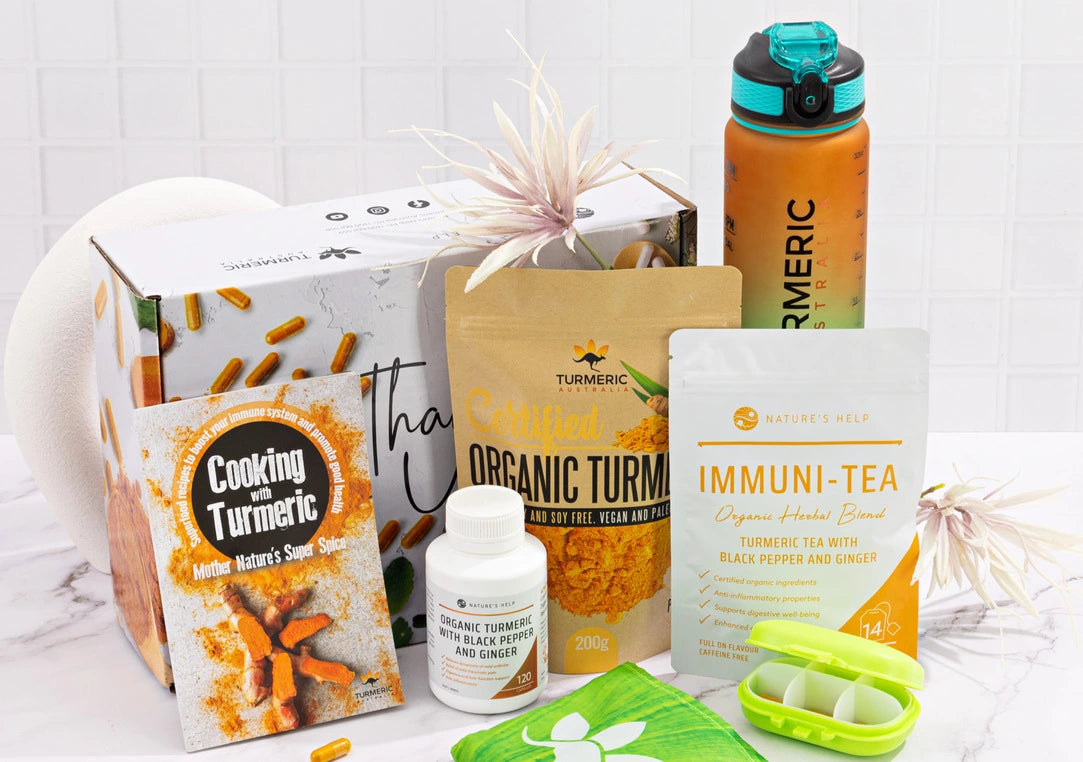5 Best Remedies for Combatting Arthritis Inflammatory Joint Pain
There are 3 types of arthritis:
- The most common is osteoarthritis, which causes the cartilage at the end of each bone to break down. The cartilage wears away over the years and then the bones scrape each other resulting in a stiff and painful inflamed joint. It is more common in women than men.
- (RA) Rheumatoid arthritis is an autoimmune disease, whereby the immune system attacks and inflames the joint linings. Usually, it starts in the hands and feet and can affect adults of any age. RA causes constant pain and stiffness.
- Psoriatic arthritis generally affects people with psoriasis, which blends the skin disorder with joint inflammation.
And reducing inflammation will improve your quality of life. Listed below are 5 suggestions for combatting inflammatory joint pain.

1. TURMERIC: Dating back nearly 4000 years, the Indian Verdic culture used turmeric as a culinary spice and as a medicinal herb. The root has antiseptic properties, used for cuts and burns and the powder has antibacterial and anti-viral qualities. Renowned for being a natural anti-inflammatory, it is curcumin – the main ingredient in turmeric – that has strong anti-inflammatory effects. Chefs and home cooks are sprinkling turmeric liberally through soups, stews, and casseroles. Join the revolution towards using turmeric in your everyday cooking. Check turmericaustralia.com.au for your turmeric cookbook.

2. WALKING: Low impact exercise is necessary to keep your joints supple and mobile. If you experience excessive pain, just a small bit at a time will help to mitigate the stiffness. Tai chi and swimming are also low impact.

3. HOT & COLD PACKS: Heat can relax muscles and improve joint lubrication and stiffness. Best to warm up the joints before tackling low impact exercise. Ice packs help decrease swelling and pain.

4. GLUCOSAMINE: A natural compound found in cartilage, glucosamine sulfate (when partnered with chondroitin) increases lubrication and decreases inflammation. Natural glucosamine levels drop as you age. Clever scientists harvest glucosamine from shellfish, so before usage, do seek medical advice if you have a seafood allergy.

5. DIET:
- Leafy greens, fruits, vegetables, seeds, nuts and foods high in omega-3 fatty acids nourish the arthritic joint and keep your synovial fluid healthy.
- A powerhouse of potassium, bananas reduce salt retention and can help lessen cartilage damage.
- Onions, garlic, leeks, apples and many other fruit and vegetables contain quercetin, an anti-inflammatory compound that helps reduce swelling. Garlic contains diallyl disulfide, an anti-inflammatory composite that restricts the effects of cytokines. Cytokines are soluble proteins that send instructions to cells for immune responses, thus stimulating cells towards the inflamed site.
- Eggs contain vitamin D which controls the inflammatory response in rheumatoid arthritis.
- Rich in antioxidants, blueberries, blackberries, strawberries, cranberries, raspberries, and boysenberries offer a fighting force against arthritis.
- Tuna, salmon, trout, and mackerel are all fatty fish rich in omega-3 fatty acids to tackle inflammation.
- Great sources of vitamin E and vitamin C are all greens such as spinach, kale and broccoli. Also, avocado. Vitamin E is a micronutrient with anti-inflammatory effects.
- Virgin olive oil contains oleocanthal, a natural organic compound known to reduce inflammation. Olive oil also contains lubricin which operates as a lubricant between cartilage surfaces.
- Made from unfermented tea leaves, green tea is a rich source of polyphenols, and these compounds are powerful antioxidants. The Arthritis Foundation agrees that polyphnols have robust anti-inflammatory properties.
- High in vitamin C, citrus fruits like oranges, lemons and grapefruit contain powerful antioxidants that fight molecules that trigger joint inflammation.
- Honey, ginger, cinnamon, papaya, and watermelon all have anti-inflammatory properties that seem to help relieve pain and improve joint function.
- Coconut water contains vitamin B6 and assists in reducing your pH level. Keeping your pH level in the normal range helps diminish inflammation and pain.
- Apple cider vinegar (ACV) contains pectin, acetic acid and malic acid, all of which absorb toxins and flush them from your body. ACV dissolves the acid crystals that build up in the joints, causing pain.
- Some foods contain chemicals that exacerbate arthritis. So, eat less of tomatoes, potatoes, peppers, and eggplant. Symptoms are also aggravated by white bread, pasta, rice and most packaged foods with no nutritional value.
The medical fraternity will of course recommend a pharmaceutical drug as a remedy for managing arthritis pain. NSAID’s, being nonsteroidal anti-inflammatory drugs are considered the most effective. Turmeric Australia recommends a natural remedy, but not one size fits all and your own research will determine the best choice for your body.

